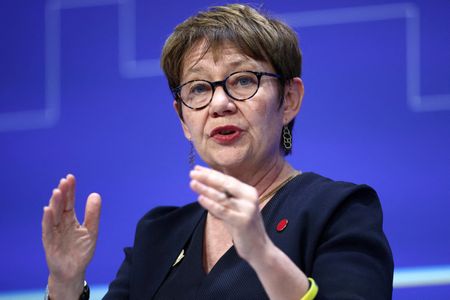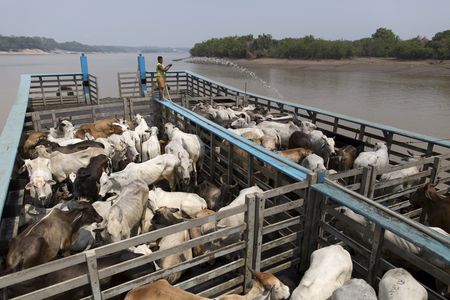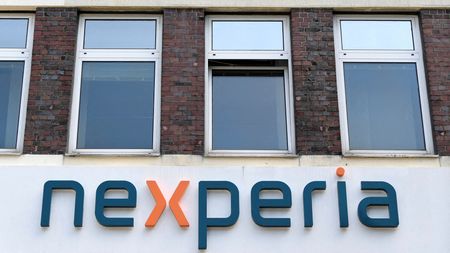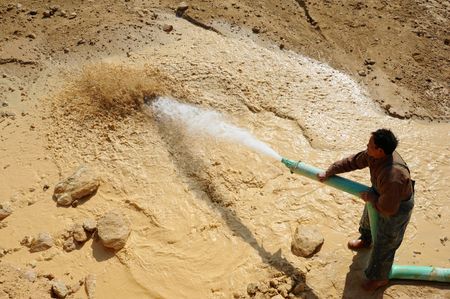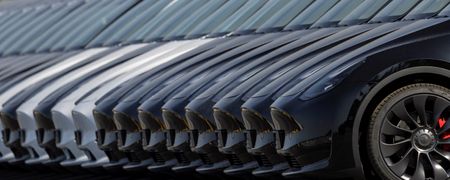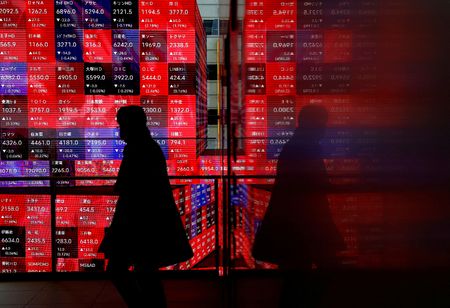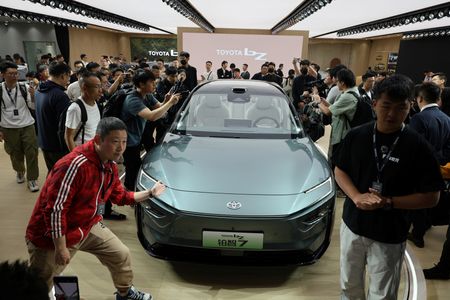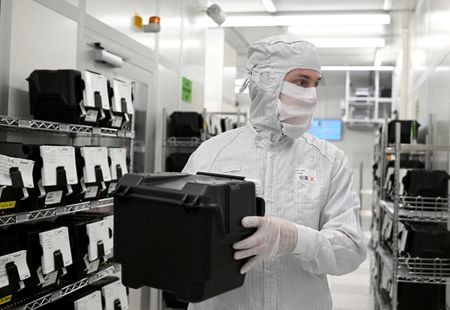By Libby George, Karin Strohecker and Simon Jessop
LONDON (Reuters) -The European Bank for Reconstruction and Development could lend up to $1.5 billion for a Central Asian hydropower plant, its president told Reuters, adding that demand for renewables is rising despite some opposition to funding green energy.
The Kambar-Ata 1 project is one of the largest renewables projects in Central Asia, and its combined 1,860 megawatts of capacity is expected to provide power and boost agriculture output across Kyrgyzstan, Kazakhstan and Uzbekistan.
Alongside the European Union, the European Investment Bank and the governments of the three countries, the bank has already signed a 900-million-euro ($1.05 billion) memorandum of understanding for the project, which is located in Kyrgyzstan.
EBRD President Odile Renaud-Basso said the bank is considering a total of three sovereign loans of up to $500 million each, subject to further discussions with other stakeholders and EBRD board approvals.
DEMAND FOR RENEWABLE ENERGY INVESTMENTS GROWING
More broadly, she said interest in renewables, battery storage and grids that can connect to green power is rising across the lender’s countries of operation as the technologies’ costs fall.
“We see … a sort of ramping up of demand in renewable investment in grids in order to be able to connect more renewables,” Renaud-Basso told Reuters in an interview on Monday.
EBRD funds mostly private-sector projects across emerging economies in Europe and Africa as well as Jordan and Lebanon.
The bank has kept the green energy transition and a focus on expanding human capital, including support for women in business, as core priorities despite the hostility of the United States under President Donald Trump toward such projects.
Renaud-Basso said borrowers understood the advantages of those initiatives.
“They see that as an economic opportunity to diversify … diversifying energy supply, reduce pollution, have a cheaper source of energy, be able to export energy, and so forth,” she said.
($1 = 0.8575 euros)
(Reporting by Libby George, Karin Strohecker and Simon Jessop; Editing by Joe Bavier)

